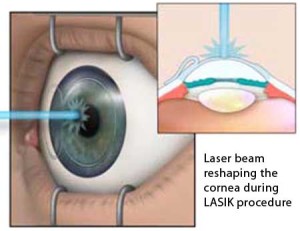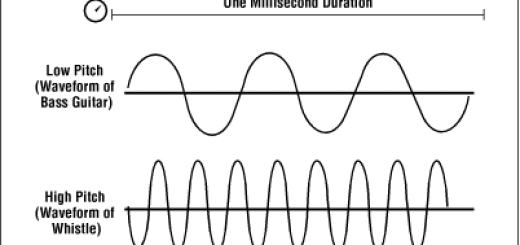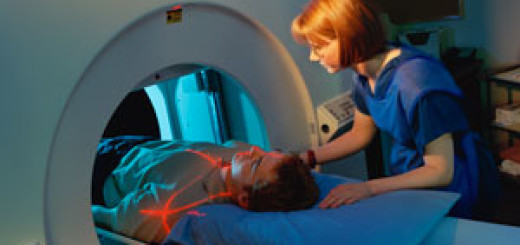The importance and medical uses of the laser beams
The laser
The laser is a device that emits light through a process of optical amplification based on the stimulated emission of the electromagnetic radiation, The laser is highly coherent, It is monochromatic in nature and the laser beams are hardly divergent.
The medical uses of lasers
The laser is used in medicine to improve the precision work like the surgery, especially it is used in the brain surgery, The operations are quick and heal quickly with using lasers, they are less painful than ordinary surgery which performed with a scalpel.
Lasers are used for photocoagulation of the retina to halt retinal hemorrhaging and for the tacking of the retinal tears, Higher power lasers are used after cataract surgery if the supportive membrane surrounding the implanted lens becomes milky.
Lasers are used in the eye surgery, the refractive surgery, the soft tissue surgery, laser scalpel and the photobiomodulation (the laser therapy), Lasers are used in the “No-Touch” removal of the tumors, especially the tumors of the brain and the spinal cord.
Lasers are used in the dentistry for the caries removal, the tooth whitening and the oral surgery, Lasers can be used to treat the urethral strictures, benign warts, the urinary stones, the bladder obstructions, and the enlarged prostates.
Lasers can be used for precision cutting and endoscopic guidance into the brain and spinal cord, Lasers can be used for the endoscopic procedures, the photocoagulation of the tumors, the excision and the photodynamic therapy.
Lasers can be used for drilling the cavities, gum the surgery, the antibacterial treatments, the tooth desensitization, and the orofacial diagnostics, Lasers have played an important role in the medical devices manufacturing.
Lasers are used to treat the cases of long and short-sightedness, therefore the patient can dispose with glasses, they are used in endoscopy using the optical fibers the operative surgery and diagnosis.




